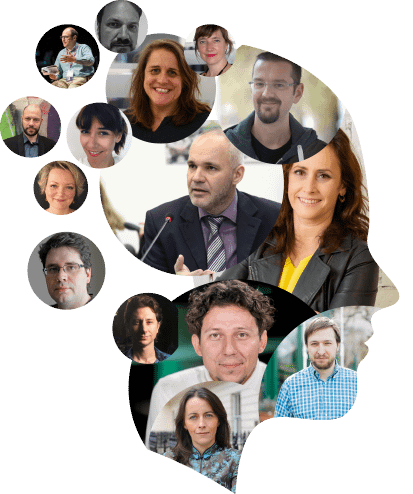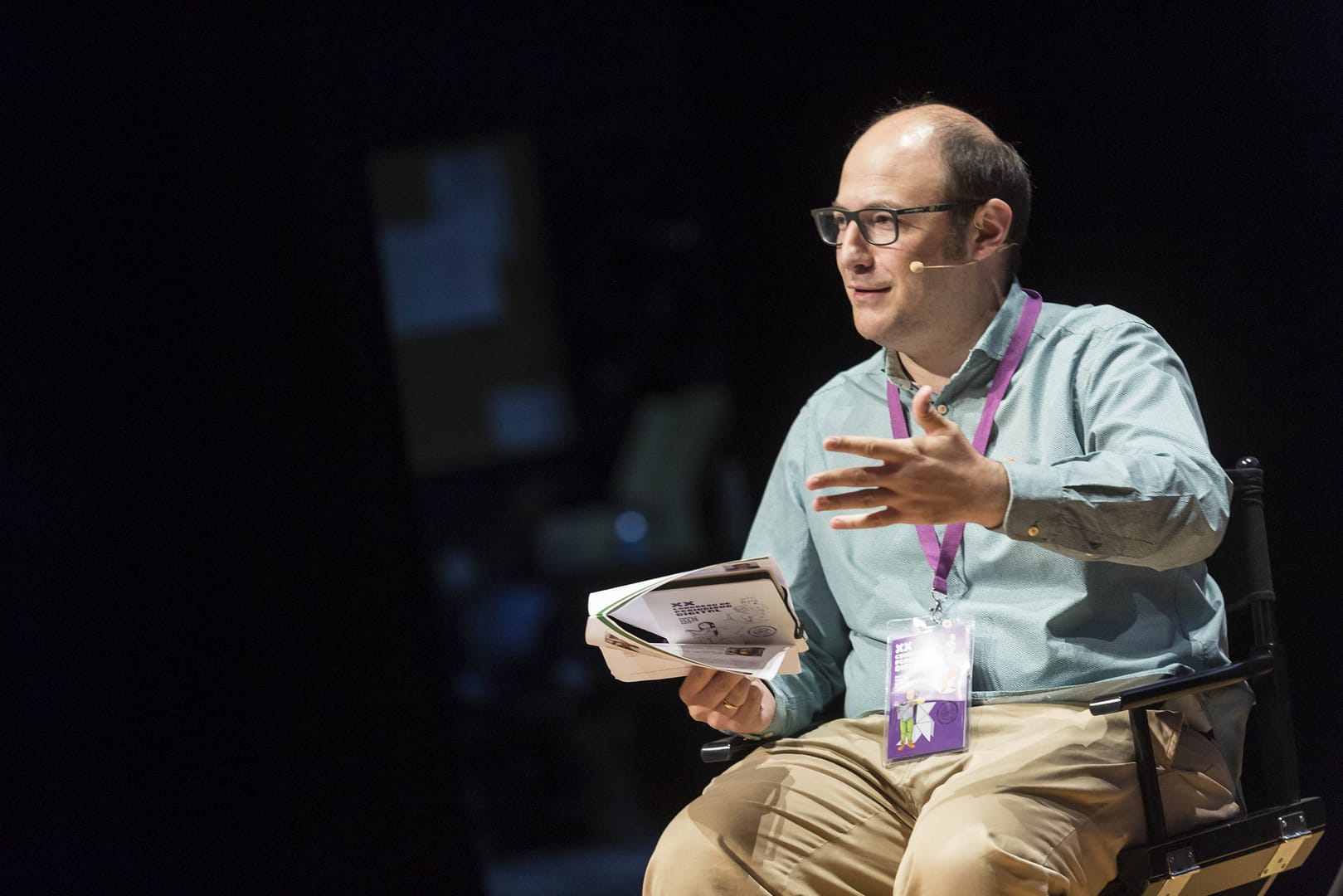Two Spanish broadcast journalists, Clara Jiménez Cruz and Julio Montes, began Maldita.es in 2014. It has since grown to 20 full time employees and between 30 and 35 operating staff. The team primarily debunks stories brought to them by their volunteer community and recirculates these debunks as widely as possible. Their approach is deeply community centered, driven by a tiered volunteer participation model: as of July 2020, this counted about 40,000 General Malditos or recipients of the newsletter, 1,000 Ambassadors or financial supporters, and 2,000 active Malditos and Malditas, individuals who contribute ‘superpowers’ or subject area expertise to the organisation’s fact checking efforts.
Since their founding and particularly during the pandemic, the mis and disinformation problem has changed in scale and scope. “We’ve gone from 1.5 million unique visitors per month to sometimes 8.5 during the pandemic, which is good and bad” Carlos testifies. “We have been hiring during the pandemic, expanding our operation because the situation called for it. The audience was more engaged, but small organisations like ours are fragile. The scale of the operation was sometimes overwhelmed.”

Maldita has been experimenting with artificial intelligence (AI) in the form of a chatbot, which currently has an answering rate of 8 hours. Carlos is confident that the AI will improve further as the community diversifies. Growing and diversifying the community is top of the agenda, bringing in what he describes as “the many people who care about disinformation but who aren’t following every second of the news cycle.” Maldita hopes to reach these wider audiences through new partnerships, for example with the popular tabloid 20 minutos. Meanwhile they’re exploring other verticals, for example through a science public engagement project, a platform focused on gender-related hoaxes, and a browser extension to promote transparency in public and private institutions. Recently, they are moving more into the public policy space to weigh in on major policy issues too big to ignore.
Maldita brings clear benefits to many social media platforms. In a sense, Carlos explains, they “pay the bill” for fact checking services that platforms claim to provide. Though Carlos specifies that different platforms have different practices, in general, these relationships are far from reciprocal. At the same time, platforms are not sufficiently forthcoming with the data that is necessary for actors like Maldita to assess the effectiveness of their debunking. Still, “the task at hand is too important to forgo” in Carlos’ words, and the community is in agreement. Maldita has just received foundation status in Spain, which allows them to preserve their reputation and independence – a long and expensive endeavor that was made possible through crowdfunding contributions.





